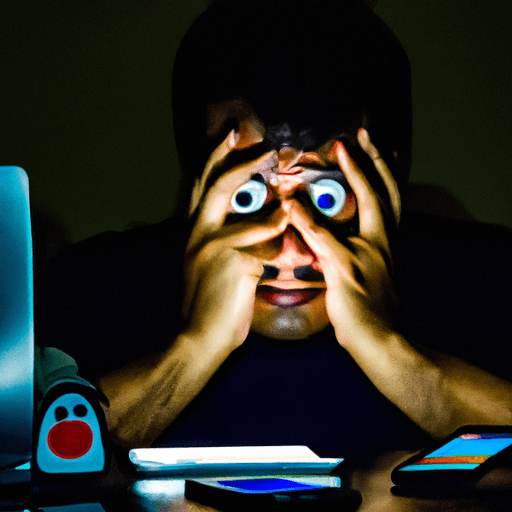Impact of Digital devices on Mental Health
The advent of digital technologies, especially compact, ubiquitous devices like smartphones, tablets, and computers, has indubitably transformed our lives. However, these conveniences also bring along a host of concerns amongst which mental health impacts sit prominently.
The Double-Edged Sword: Benefits and Detriments
On one hand, digital devices enhance communication, provide a platform for self-expression and learning, and even contribute to mental wellness when used responsibly. On the other hand, excessive usage, especially among the young and impressionable, can lead to stress, anxiety, and depression.
The Intensifier of Existing Disorders
In addition to inflicting mental health issues, digital devices also play a role in exacerbating existing disorders such as addiction and insomnia. Constant access to gaming, social media, and web content can fuel addictive behaviors, while the blue light emitted from screens has been scientifically linked to disturbed sleep cycles.
In the Words of the Experts
Renowned psychologist Dr. Jean Twenge’s research shows a direct correlation between the surge in smartphone use and a rise in teen mental health issues. Similarly, other studies like the one published in Computers in Human Behavior in 2016, equated internet addiction with depression, anxiety, and lower educational achievements in high school students.
The Silver Lining: Digital Therapy and Wellness Apps
Conversely, when used judiciously, digital devices can contribute to mental wellness. Profound advancements in tele-mental health services over the past few years have led to a surge in online therapy sessions and mindfulness apps. By fostering remote social connections, they break the geographical barrier and work as the very medium through which professional help can be sought in a timely manner.
On Using Digital Devices Responsibly
To maximize benefits and mitigate detrimental effects, users are urged to practise responsible use of devices. This could involve setting usage limits, enabling screen-free time, and using nighttime settings to reduce the blue light. It is equally important to replace screen time with outdoor time, exercise & creative pursuits to maintain wholesome mental health.



















Comments
Leave a Comment